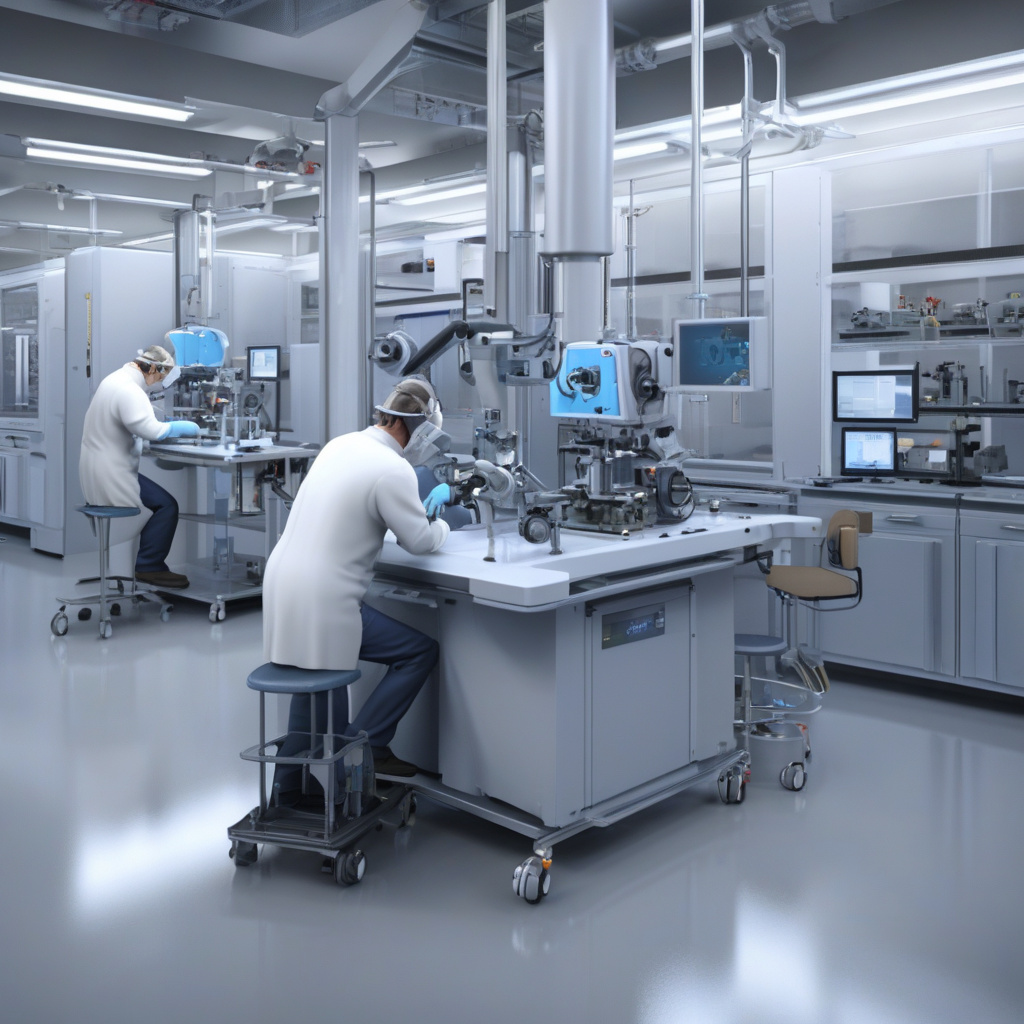Micromanufacturing: Pushing the boundaries of precision
In the realm of manufacturing, precision is key. The ability to produce tiny, high-accuracy components with utmost accuracy and efficiency is a hallmark of excellence in the industry. Micromanufacturing, a cutting-edge technology that combines automation and 3D printing, is revolutionizing the production of these intricate parts, pushing the boundaries of what was once thought possible.
One of the trailblazers in this field is Ellie Gabel, a visionary who has dedicated her career to exploring the endless possibilities of micromanufacturing. Through her work, she has showcased how this innovative approach can transform the way we create small-scale components with unprecedented precision.
Micromanufacturing leverages the power of automation to streamline the production process, reducing human error and increasing efficiency. By automating repetitive tasks, manufacturers can achieve a level of consistency and accuracy that is simply unattainable through manual labor. This not only improves the quality of the end product but also enhances overall productivity.
Furthermore, the integration of 3D printing technology in micromanufacturing has opened up a world of new opportunities. 3D printing allows for the creation of complex geometries and intricate designs that would be impossible to achieve using traditional manufacturing methods. This level of customization and flexibility is a game-changer for industries that require highly specialized components.
One of the key advantages of micromanufacturing is its ability to produce small-scale components with micron-level precision. This level of accuracy is crucial in industries such as aerospace, medical devices, and electronics, where even the smallest deviation can have significant consequences. By pushing the boundaries of precision, micromanufacturing is paving the way for advancements in these critical sectors.
The impact of micromanufacturing extends far beyond just precision. By optimizing the production process and reducing material waste, this technology is also contributing to a more sustainable future. With environmental concerns becoming increasingly important, the efficiency of micromanufacturing is a welcome development in the manufacturing industry.
As Ellie Gabel continues to explore the frontiers of micromanufacturing, the possibilities for innovation are endless. From creating intricate medical implants to producing cutting-edge electronics, the applications of this technology are vast and varied. By harnessing the power of automation and 3D printing, micromanufacturing is reshaping the way we think about precision production.
In conclusion, micromanufacturing is not just a buzzword; it is a transformative technology that is revolutionizing the manufacturing industry. By pushing the boundaries of precision and embracing automation and 3D printing, manufacturers can achieve levels of accuracy and efficiency that were once thought unattainable. As we look to the future, the potential for micromanufacturing to drive innovation and change is truly exciting.
#Micromanufacturing, #PrecisionProduction, #Automation, #3DPrinting, #InnovationNewsNetwork












